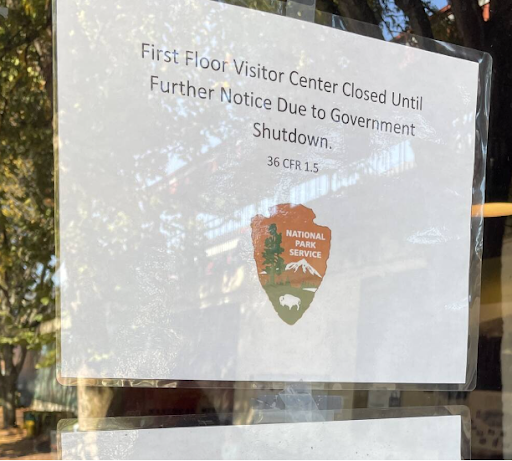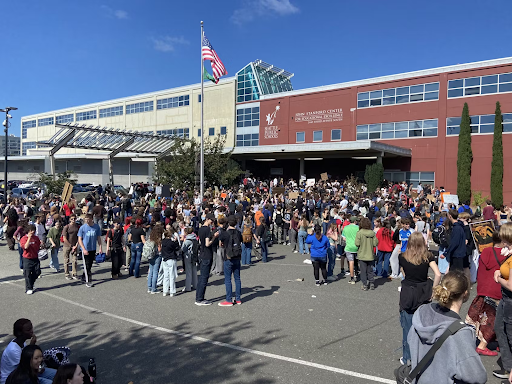The struggle to manage homework during online school
Homework: a great opportunity for study and review, or busywork that is an overly stressful practice for students? In a time as eventful as this, it’s uncertain whether the benefits of homework outweigh the costs it could have on students’ mental health, especially large amounts of assignments. In addition to stress, the lines between school and freetime have been increasingly blurred in an online setting, leading many to spend a lot of their freetime completing assignments and having difficulty managing their time.
A poll was sent out to see how much time students at Bothell spend doing their assignments each night. Out of 360 students, 36.2% report spending an average of over 2 hours a day completing homework. This may be too much for the average student to handle, as the National PTA and National Education Association recommend the 10 minute rule, meaning that homework should not exceed 10 minutes per grade per night. For our school, which goes from 9th to 12th grade, this means a maximum 1½-2 hours per night spent on homework. Over ⅓ of students polled exceed this. Students taking many AP courses or are involved in several extracurricular activities report larger amounts of time spent on schoolwork. Vincent Nguyen (22’) says he spends around 3 hours a night completing assignments, and although it can be stressful at times, states “I signed up for these rigorous courses, and this is kinda what I expect from that. It’s tough, but whatever”.
These large amounts of homework have led to stress for many students, as the majority report feeling more overwhelmed with homework than usual this year. On the same poll, when asked on a scale of 1 to 5, with 1 being not stressed at all, and 5 being extremely stressed, 38.5% felt their stress levels were a four, followed by 28% stating their levels were a 5. Only 1.4% of students felt no stress towards their homework. Although some steps have been taken to make homework less demanding this year, like the acceptance of late work, stress towards homework still greatly exists.
Many factors could be leading to this increase in stress. Students are completing all of their work at home, and often managing their own time for assignments that, had it been assigned in person, would likely have had a more rigorous form of teacher supervision. Nguyen says that “A lot of the work has become more independent and reliant on the student to learn the course material,”. The virtual setting also means that for most, the environment we complete our homework and the environment we attend class are now the same— same desk, same computer, same room. We also use these online spaces to socialize, or for entertainment, further extending the amount of time we spend at our desks. The differences between school and outside life become less defined as we find ourselves in a virtual setting, affecting the balance. Outside life, such as work, mental health, or family, also impacts stress towards school, and common circumstances surrounding this year can lead many to feel overwhelmed with things inside and outside of the classroom.
The dissatisfaction with the amount of homework this year is significant; 78.6% of students would choose to receive less homework this year if they had control over it. Only 2 out of 360 students would choose to receive more.
The balance between assigning enough homework to make sure the student is still learning and avoiding assigning too much to sustain their mental health is a tricky one, so it is important to keep an open discussion about how much is too much.







